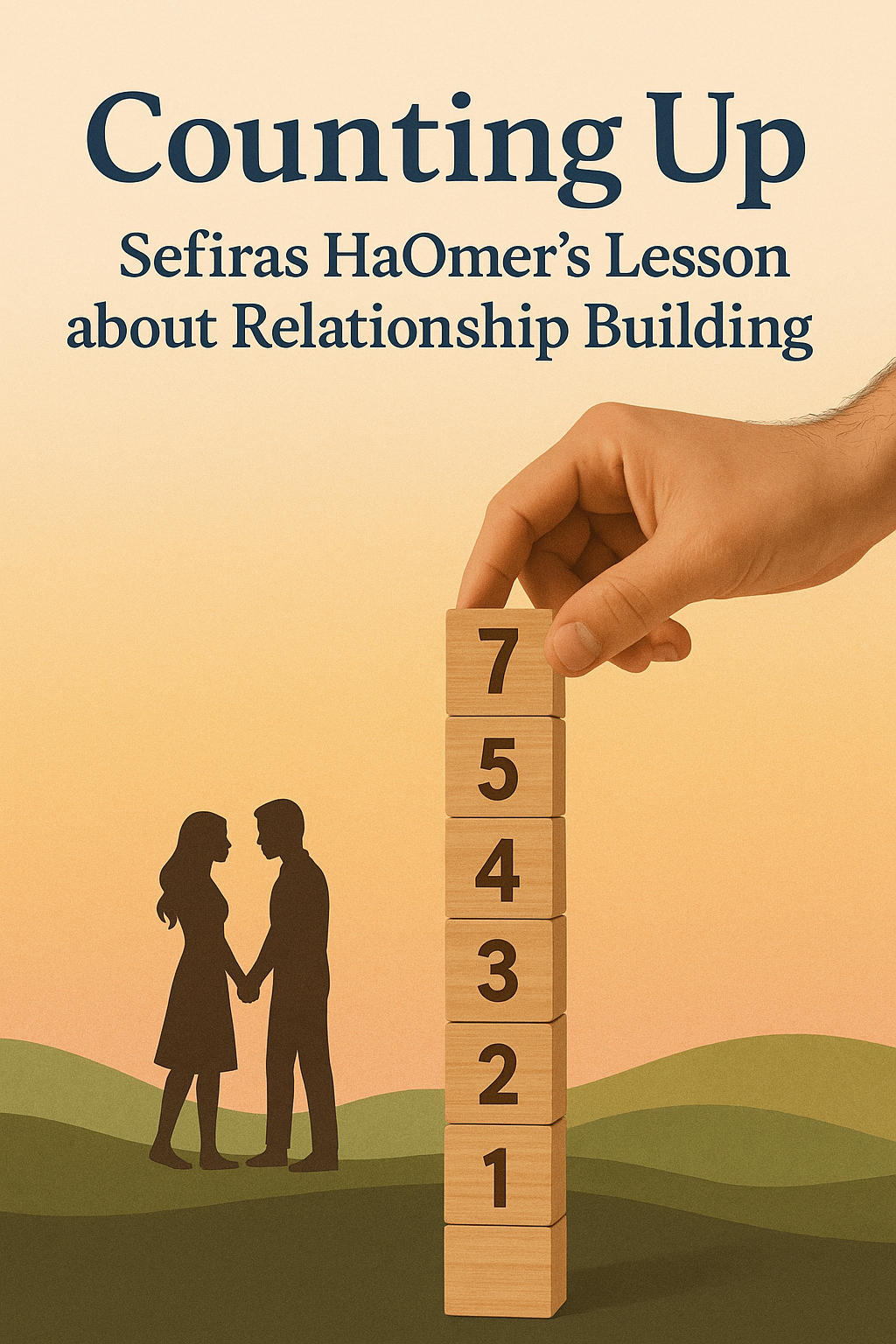When Survival Overrides Passion
War’s effects on a person’s sexual desire can be complex and unique to each individual, shaped by various physical, psychological, and social elements. The impact of war is not just a series of statistics or clinical observations; it’s a deeply personal, often heart-wrenching experience for those involved.
“Michael’s return from Tzuk Eitan marked a profound change in his and Sarah’s life. The loss of his leg was more than a physical challenge; it created an emotional distance between them. Sarah deeply missed their spontaneous intimacy, but now there was a hesitation, a barrier that wasn’t there before. Michael grappled with his new reality, struggling not just with adapting to a prosthetic but with relearning how to be with Sarah. Their way of expressing love and desire faced new challenges, as the physical loss evolved into an emotional chasm.”
In therapy, they found a safe space to voice their fears and longings. Sarah spoke of missing their effortless connection, while Michael shared his feelings of inadequacy. Through open communication and guided support, they began to bridge the gap that had formed between them. They learned to navigate these uncharted waters of change and intimacy, slowly finding new ways to connect and rekindle the flame that had dimmed as a result of the war. This new chapter of their lives became a journey of healing, understanding, and rediscovering each other in the midst of altered circumstances.
Here’s a simpler breakdown of how war might change someone’s sex drive:
- Stress and Trauma: War can cause extreme stress and trauma, impacting mental and emotional health. This stress can lead to a lower libido in some.
- Mental Health: Conditions like PTSD, depression, and anxiety from war can harm mental health. These issues can decrease sexual desire and function.
- Physical Health: Injuries, disabilities, or chronic conditions from war can impact sexual ability and desire.
- Displacement and Life Changes: Being forced to leave home due to war disrupts life and relationships, impacting intimac
- Cultural and Social Shifts: War can change social norms and expectations, influencing relationships and sexual behavior.
- Relationship Strain: War brings challenges like separation and loss, which can strain relationships and reduce intimacy.
- Survival Focus: During war, basic needs like safety and food take priority, often shifting focus away from sex.
- Gender Dynamics: War can alter traditional gender roles, impacting sexuality and relationships.
Everyone reacts differently to war, and while some find comfort in relationships, others face difficulties. The impact of war on sex drive is also shaped by cultural background, personal resilience, and available support. Michael and Sarah’s story is just one example of the many complex ways in which war can reshape the most intimate aspects of our lives.





